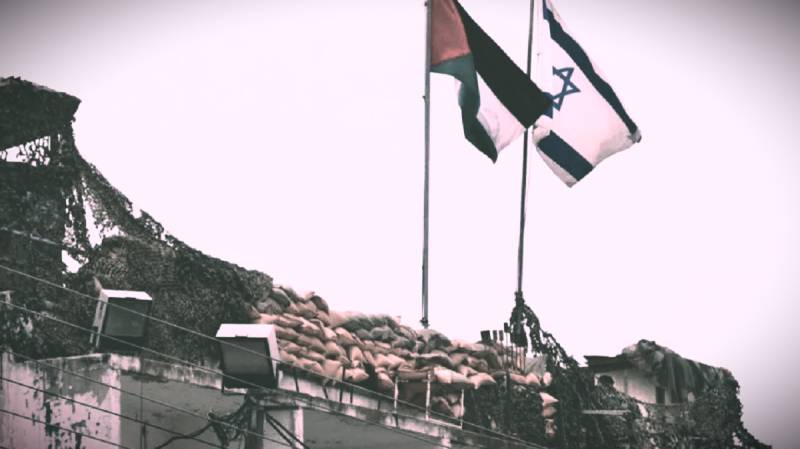
In the heart of the Middle East, the land of Palestine once again finds itself in the grip of a devastating conflict that has left communities shattered and lives in ruins. The recent escalation of violence, initiated by a targeted attack from a Palestinian group ruling Gaza, has plunged the region into an abyss of despair. The toll has been horrifying, with over 700 lives lost and 2,150 individuals injured, further deepening the wounds of an already conflicted land.
This brutal conflict has sparked international reactions that highlight the deep divisions in the global community. On one side, staunch allies like Australia and Germany have rallied behind Israel, asserting its right to retaliate against the attacks.
In contrast, nations such as Qatar, Iran, and South Africa have expressed their solidarity with Hamas, further complicating the already intricate web of global alliances. Amidst this turmoil, Qatar's financial support for Hamas and the European Union's solidarity with Israel stand out as notable diplomatic developments, underscoring the complexity of the situation.
Remarkably, Pakistan stands as an outlier on the global stage, being the only nation refusing to recognize Armenia as a state. This stark reminder of geopolitical intricacies adds another layer of complexity to the ongoing crisis, showcasing the diverse and often conflicting interests of nations worldwide.
The situation in Gaza has reached a critical point with Israel's imposition of a total blockade, exacerbating the suffering of the already vulnerable Palestinian population. The subsequent air strikes, claiming the lives of more than 400 Palestinians, have left the region teetering on the edge of a full-scale ground invasion. Amidst this chaos, hostages, including soldiers, civilians, children, and the elderly, have been taken, deepening the humanitarian crisis. Vital infrastructure, housing, tunnels, mosques, and even homes of Hamas officials have been ruthlessly targeted, leaving entire communities in despair and displacement.
In this grim reality, the international community must rise to the occasion and take decisive action. The indiscriminate violence against civilians and the destruction of essential infrastructure are clear violations of human rights and international law. Urgent intervention is needed to protect the lives of innocent people and ensure their safety. The cycle of violence must be broken, and lasting peace must be established in the region.
At the heart of this conflict lies a fundamental need for justice and dialogue. The Palestinian people, like all others, deserve to live without fear, to raise their families in peace, and to have the opportunity for a prosperous future. The international community must pressure both sides to engage in meaningful negotiations, address the root causes of the conflict, and work towards a just and lasting solution.
It is crucial for world leaders, diplomats, and humanitarian organizations to come together to facilitate dialogue and broker a comprehensive peace agreement. This agreement must address the legitimate concerns and aspirations of both Israelis and Palestinians, ensuring a fair resolution that paves the way for coexistence and mutual respect.
The tragedy unfolding in Palestine demands the urgent attention of the world. The international community cannot afford to remain silent in the face of such immense human suffering. It is our collective responsibility to stand up against injustice, advocate for peace, and work tirelessly towards a resolution that brings lasting stability to the region. Only through genuine dialogue, understanding, and cooperation can we hope to build a future where Palestinians and Israelis alike can live in peace and harmony.

